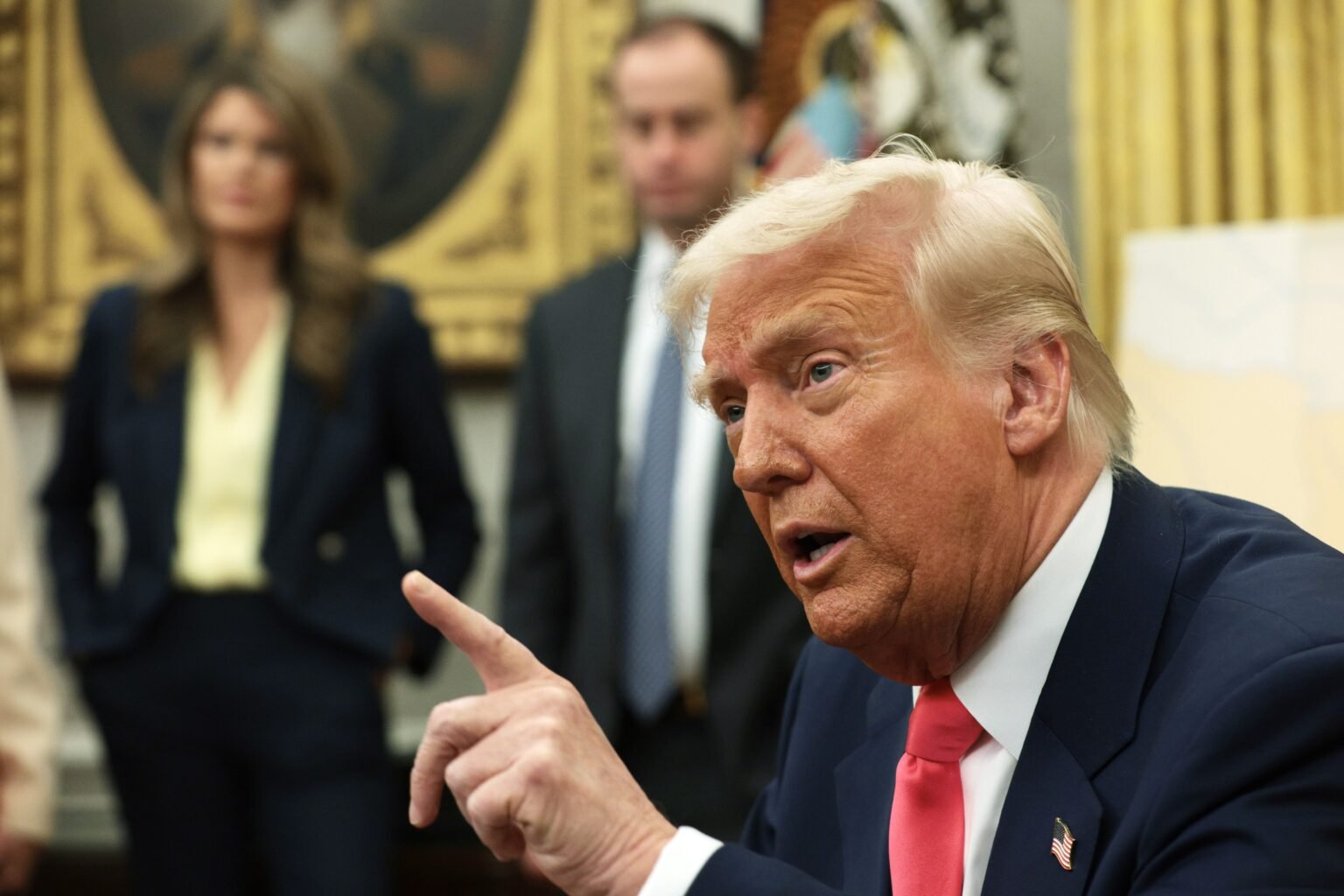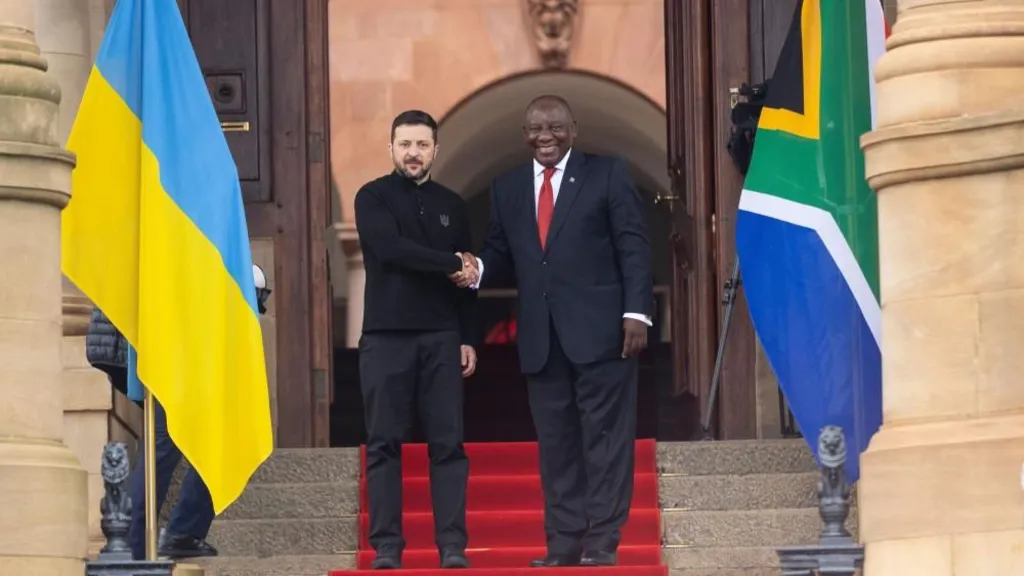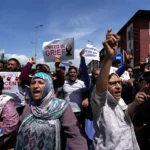Former U.S. President Donald Trump has broken his silence on the recent deadly Russian missile strikes on Kyiv, expressing clear disapproval by stating that he is “not happy.” This marks one of his most pointed criticisms of Russian military aggression since the full-scale war began. Trump on Russian strikes is a phrase now surfacing frequently across major media platforms as global analysts examine the implications of his latest comment. The response has triggered an avalanche of commentary, raising questions about Trump’s foreign policy stance should he return to the White House.
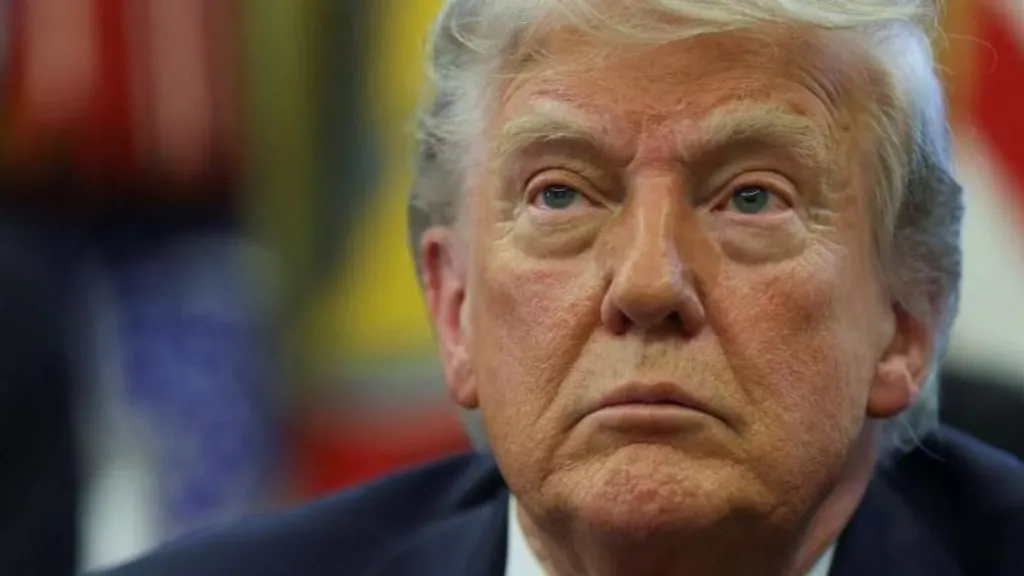
The strikes on Kyiv resulted in the deaths of over 30 civilians and wounded dozens more. Residential complexes, schools, and hospitals were reportedly among the primary targets of the attack, heightening condemnation from international communities. Trump’s remarks came during a press event in Florida, where reporters pressed him about his opinion on Russia’s escalating military actions. His declaration, while brief, has reignited conversations around U.S. involvement, NATO’s response, and the geopolitical balance in Eastern Europe.
A Strategic Shift or Political Calculus?
In the past, Trump has faced criticism for his perceived closeness with Russian President Vladimir Putin. However, his latest comment signals a potential pivot. Political observers suggest this could be a deliberate move to distance himself from Putin’s aggressive strategy in Ukraine and appeal to centrist voters. This statement might also indicate an attempt to align more closely with NATO member opinions, strengthening Trump’s international credibility.
Trump on Russian Strikes: Kyiv Attack Timeline and Human Toll
The deadly strike on Kyiv occurred in the early hours of a Monday morning. According to the Ukrainian Ministry of Defense, over 40 missiles were launched, some of which targeted civilian infrastructure. Ukrainian President Volodymyr Zelenskyy condemned the attack as a deliberate war crime, citing the United Nations’ definition of unlawful warfare.
Hospitals treating pediatric cancer patients were hit, as confirmed by Médecins Sans Frontières. This resulted in immediate global outrage. Several humanitarian organizations have issued statements demanding a ceasefire and the opening of humanitarian corridors.
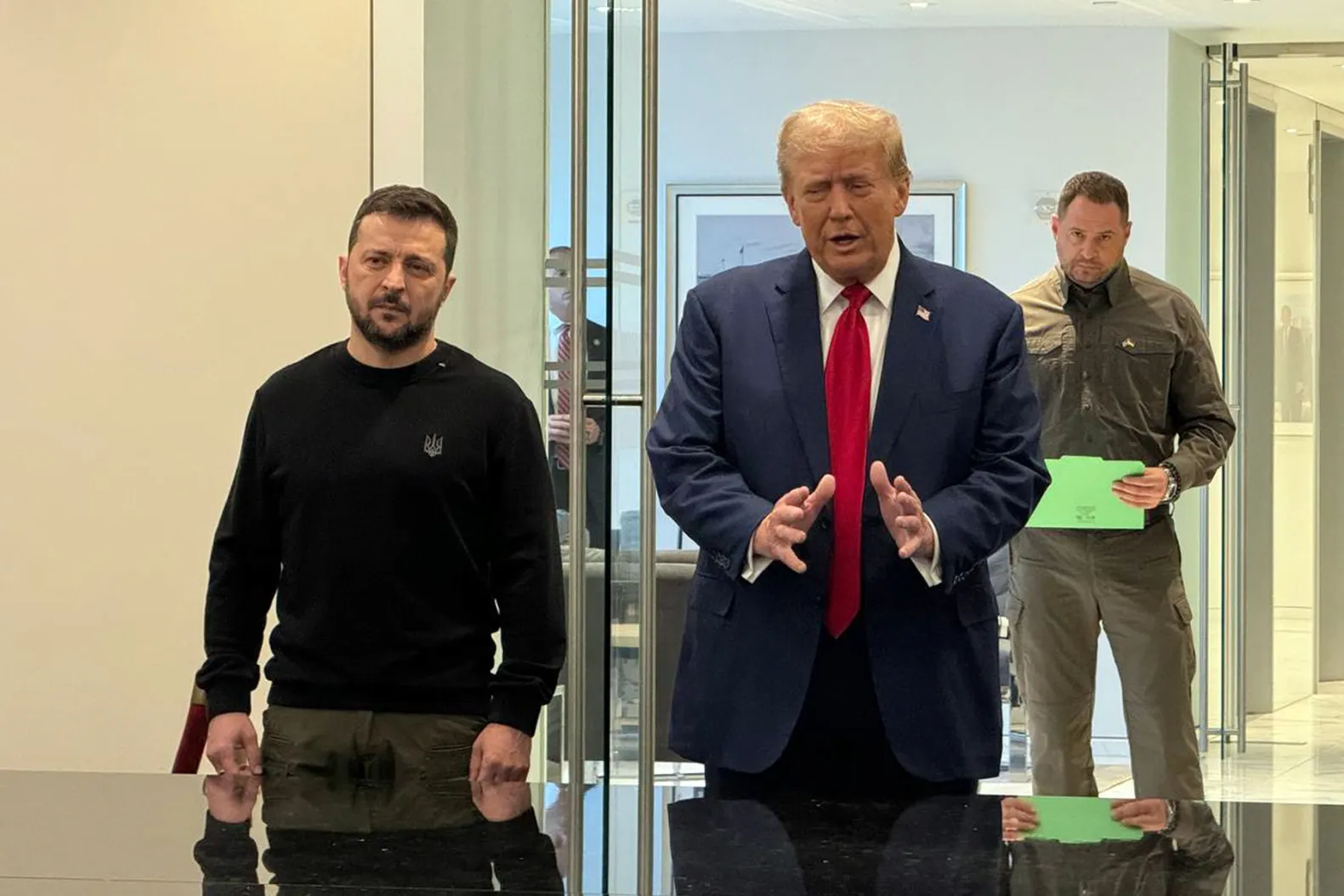
Trump’s Historical Stance on Russia and Ukraine
During his presidency, Trump was known for softening his tone toward Russia, often speaking about improving bilateral ties. However, critics have pointed to instances where his rhetoric seemingly undermined NATO or contradicted U.S. intelligence assessments on Russian interference. The recent statement contrasts these earlier positions, suggesting a shift in Trump’s geopolitical narrative.
Analysts from the Council on Foreign Relations note that Trump’s comment may be an attempt to preemptively shape the conversation around his potential 2024 presidential run, especially in light of mounting Republican criticism of Biden’s handling of the Ukraine war.
Trump on Russian Strikes: Domestic and Global Reactions
Domestically, Trump’s words have drawn mixed reactions. While some Republican leaders praised his clarity, others questioned the timing and sincerity. Democratic leaders, meanwhile, have demanded a firmer stance against Russia beyond verbal disapproval.
On the international front, NATO Secretary General Jens Stoltenberg welcomed Trump’s statement but urged for sustained U.S. leadership in deterring Russian aggression. European leaders echoed similar sentiments, calling for unity and firm resistance against ongoing violence.
Trump vs. Biden: Foreign Policy Differences Highlighted
President Joe Biden has consistently supported Ukraine through financial aid, arms supplies, and diplomatic backing. Trump’s position, however, has been more ambiguous, focusing on ending the war swiftly, though without concrete policy plans. The recent remarks about the Russian strikes may serve as Trump’s way of rebranding his foreign policy image.
Trump on Russian Strikes: Kyiv Civilians Speak Out
Survivors of the missile attacks have shared harrowing accounts. Natalia, a mother of two, described waking up to a deafening blast. Her children, huddled in a basement, cried in fear as the building above them shook.
“I just want the world to hear us,” she said. “We need peace, not politics.”
Expert Analysis: What This Means for Global Diplomacy
Dr. Michael Roth, a geopolitical analyst, notes that Trump’s statement may affect international negotiations. “Even a brief condemnation from Trump can shift the diplomatic tone,” he explains. “It suggests that he might support more decisive action against authoritarian regimes.”
Media Framing and Public Sentiment
Media outlets have framed Trump’s comments both as a long-overdue moral stance and a strategic maneuver. Social media trends, including #TrumpOnStrikes and #StandWithKyiv, have shown increased engagement. However, the sentiment remains split along political lines.
Conclusion: Trump on Russian Strikes—Symbolism or Substance?
Trump’s “not happy” comment on the Russian missile strikes on Kyiv carries weight, not just as an opinion but as a geopolitical signal. Whether this marks a realignment of his international approach or is a calculated campaign strategy remains to be seen. What’s certain is that Trump’s voice still resonates, and his words will continue to influence both national debate and international policy.

